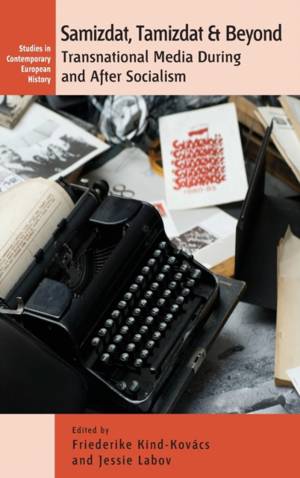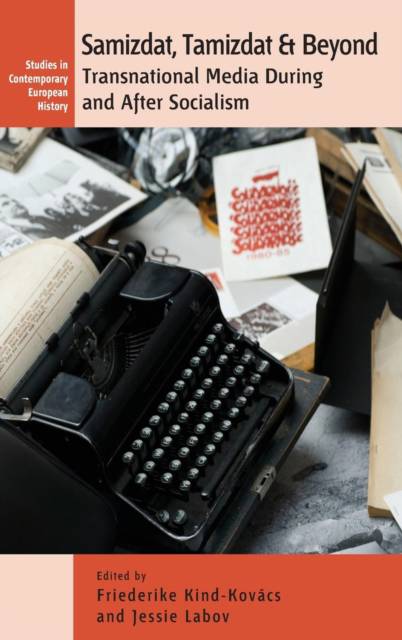
- Retrait gratuit dans votre magasin Club
- 7.000.000 titres dans notre catalogue
- Payer en toute sécurité
- Toujours un magasin près de chez vous
- Retrait gratuit dans votre magasin Club
- 7.000.0000 titres dans notre catalogue
- Payer en toute sécurité
- Toujours un magasin près de chez vous
Samizdat, Tamizdat, and Beyond
Transnational Media During and After Socialism
Description
In many ways what is identified today as "cultural globalization" in Eastern Europe has its roots in the Cold War phenomena of samizdat ("do-it-yourself" underground publishing) and tamizdat (publishing abroad). This volume offers a new understanding of how information flowed between East and West during the Cold War, as well as the much broader circulation of cultural products instigated and sustained by these practices. By expanding the definitions of samizdat and tamizdat from explicitly political print publications to include other forms and genres, this volume investigates the wider cultural sphere of alternative and semi-official texts, broadcast media, reproductions of visual art and music, and, in the post-1989 period, new media. The underground circulation of uncensored texts in the Cold War era serves as a useful foundation for comparison when looking at current examples of censorship, independent media, and the use of new media in countries like China, Iran, and the former Yugoslavia.
Spécifications
Parties prenantes
- Editeur:
Contenu
- Nombre de pages :
- 380
- Langue:
- Anglais
- Collection :
- Tome:
- n° 13
Caractéristiques
- EAN:
- 9780857455857
- Date de parution :
- 01-03-13
- Format:
- Livre relié
- Format numérique:
- Genaaid
- Dimensions :
- 158 mm x 237 mm
- Poids :
- 657 g

Les avis
Nous publions uniquement les avis qui respectent les conditions requises. Consultez nos conditions pour les avis.





